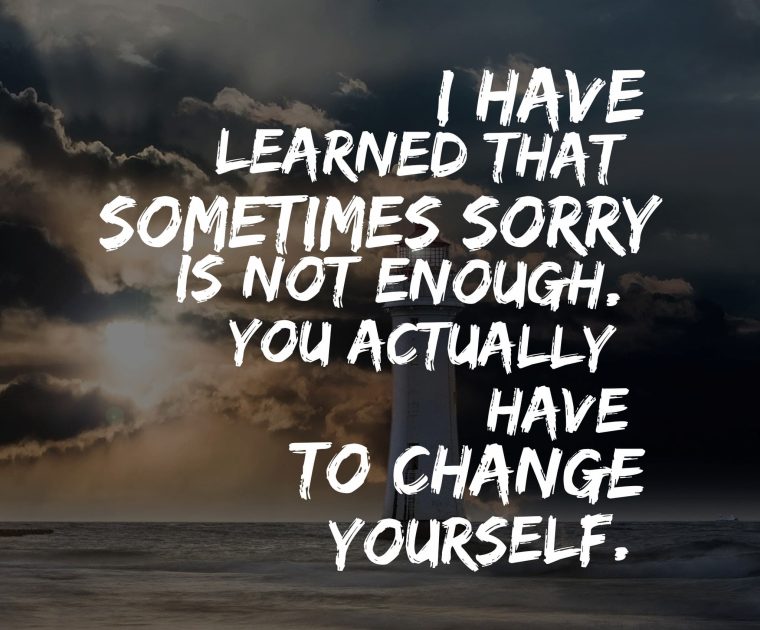The End of Relationships: Understanding the Impact and Finding Healing

The end of a relationship, regardless of its duration or intensity, can be a profound and transformative experience. Whether it’s a decades-long marriage or a brief but passionate affair, the conclusion of a relationship often brings about significant emotional and psychological shifts. Understanding these impacts and finding ways to navigate them is crucial for emotional well-being and personal growth. It’s important to remember that a breakup can also catalyze positive change and personal development.
The Emotional Spectrum of Breakups
It’s important to note that the emotional aftermath of a breakup can also manifest in physical symptoms such as changes in appetite, sleep disturbances, and even a weakened immune system. These contrasting reactions underscore the complexity of human emotions and the varying degrees to which relationships affect our sense of self.
- Relief and Unburdening: For those who walk away from a long-term relationship with a feeling of relief, the breakup may signify the end of a prolonged period of dissatisfaction or conflict. This relief can stem from escaping a toxic environment, regaining personal freedom, or finding the courage to pursue individual goals that were previously stifled. In these cases, the end of the relationship can feel like a liberation rather than a loss.
- Intense Emotional Trauma: Conversely, the end of a relationship, even a brief one, can trigger intense emotional trauma. The sudden absence of a person who was a significant part of one’s life can lead to feelings of abandonment, insecurity, and grief. The emotional impact can be amplified if the breakup is unexpected or involves high emotional investment. The lingering effects of this trauma can manifest as prolonged sadness, anxiety, or self-esteem issues.
The Psychological Impact on Self-Esteem
Breakups can significantly impact one’s ego and self-esteem, irrespective of their nature. Our self-worth is often intertwined with our relationship status, and the end of a relationship can lead to feelings of inadequacy or self-doubt.
- Self-Reflection and Identity Crisis: Post-breakup, individuals might grapple with their identity and self-worth. The dissolution of a relationship can prompt self-reflection, where individuals question their value and attractiveness. This identity crisis can be challenging but offers opportunities for personal growth and self-discovery. It’s a chance to redefine yourself on your terms, independent of the relationship.
- Ego and Self-Worth: The end of a relationship can bruise the ego, mainly if the breakup is not mutual or if it challenges one’s self-perception. It’s common to internalize the end of a relationship as a reflection of personal failure or inadequacy. This can lead to decreased self-esteem and difficulty in moving forward.
Strategies for Healing and Moving Forward
Navigating the end of a relationship requires intentional steps toward healing and self-reconstruction. Here are some strategies to support emotional recovery and personal growth
- Allow Yourself to Grieve: Acknowledge and honor your feelings of sadness, anger, or confusion. Grieving is a natural part of the healing process and allows you to process your emotions fully.
- Seek Support: Reach out to friends, family, or a mental health professional for support. Talking through your feelings and experiences can provide comfort and perspective.
Reconnect with Yourself: Use this time to rediscover your interests, passions, and goals. Painting, hiking, learning a musical instrument, or volunteering can help rebuild your sense of self and boost self-esteem.
- Set Healthy Boundaries: Establishing boundaries with your ex-partner can be crucial in your healing journey. It’s a way to take control of your emotional well-being and create the space you need to heal. This might involve limiting contact or creating space for emotional recovery, but the key is to prioritize your own needs and comfort.
- Practice Self-Compassion: Be kind to yourself and recognize that healing takes time. Self-compassion means treating yourself with the same kindness and understanding you would offer to a friend in a similar situation. It’s important to avoid self-blame and focus on nurturing your well-being.
- Consider Professional Help: If feelings of trauma or low self-esteem persist, seeking therapy can be beneficial. A mental health professional can offer strategies to cope with emotional distress and rebuild self-worth.
Embracing the Future
While challenging, the end of a relationship can also be a catalyst for personal growth and positive change. Individuals can navigate this difficult period with resilience and hope by understanding and addressing the emotional and psychological impacts. Embracing self-care, seeking support, and focusing on personal development can transform the end of a relationship into a new beginning, paving the way for a more fulfilling and self-aware future.
Diamonds are forever; marriages are not. If you are considering a divorce or separation, consult with the compassionate and experienced team at the Law Firm of Figeroux & Associates. Call 855-768-8845 or visit www.askthelawyer.us to book a consultation. The lawyer you hire does make a difference!





Leave a Reply